We caught up with the brilliant and insightful Sandrine Vohra a few weeks ago and have shared our conversation below.
Sandrine, looking forward to hearing all of your stories today. We’d love to start by getting your thoughts on what you are seeing as some the biggest trends emerging in your industry
As a multicultural marketing expert, I see the current landscape of multicultural marketing as a prime opportunity, where the American consumer market is experiencing unparalleled diversity. The under-35 demographic, which represents 50% of the U.S. population, is increasingly composed of cultural minorities, a trend that’s projected to continue as we approach 2025 when the United States is expected to become a “minority-majority” population.
One important trend is the evolution of the definition of multicultural marketing beyond solely focusing on African American and / or Hispanic segments. While these segments are numerically significant, the biggest growth is being driven by the Asian population. According to data from the U.S. Census Bureau, the Asian population is forecasted to grow by an impressive 43% between 2020 and 2030, surpassing the Hispanic growth rate of 33% within the same timeframe. This growth isn’t just in terms of numbers but also encompasses purchasing power.
Multicultural marketing is on the way of becoming a mainstream approach. As our consumer market becomes increasingly diverse, multicultural strategies will no longer be an afterthought but a fundamental aspect of initial marketing strategy development, such as other factors considered when defining consumer personas.
A complementary trend in this direction is the availability of more precise data on multicultural segments and consumer behaviors. Unlike the past, where research often grouped all Asian immigrants into a single category, today’ we have access to insights showing sub-segment trends. For example, certain states, such as Illinois and Michigan, have even recognized “Arab American” as a distinct category on state forms, further facilitating our ability to target specific cultural segments.
However, a significant concern in this pursuit of seizing the multicultural opportunity is the risk of tokenism. Companies must avoid superficial actions, such as just acknowledging events like the Lunar New Year on social media or merely translating ads into Spanish, without a genuine understanding of their diverse consumer market. Successful multicultural marketing requires a deeper, more authentic engagement that goes beyond checkbox exercises.
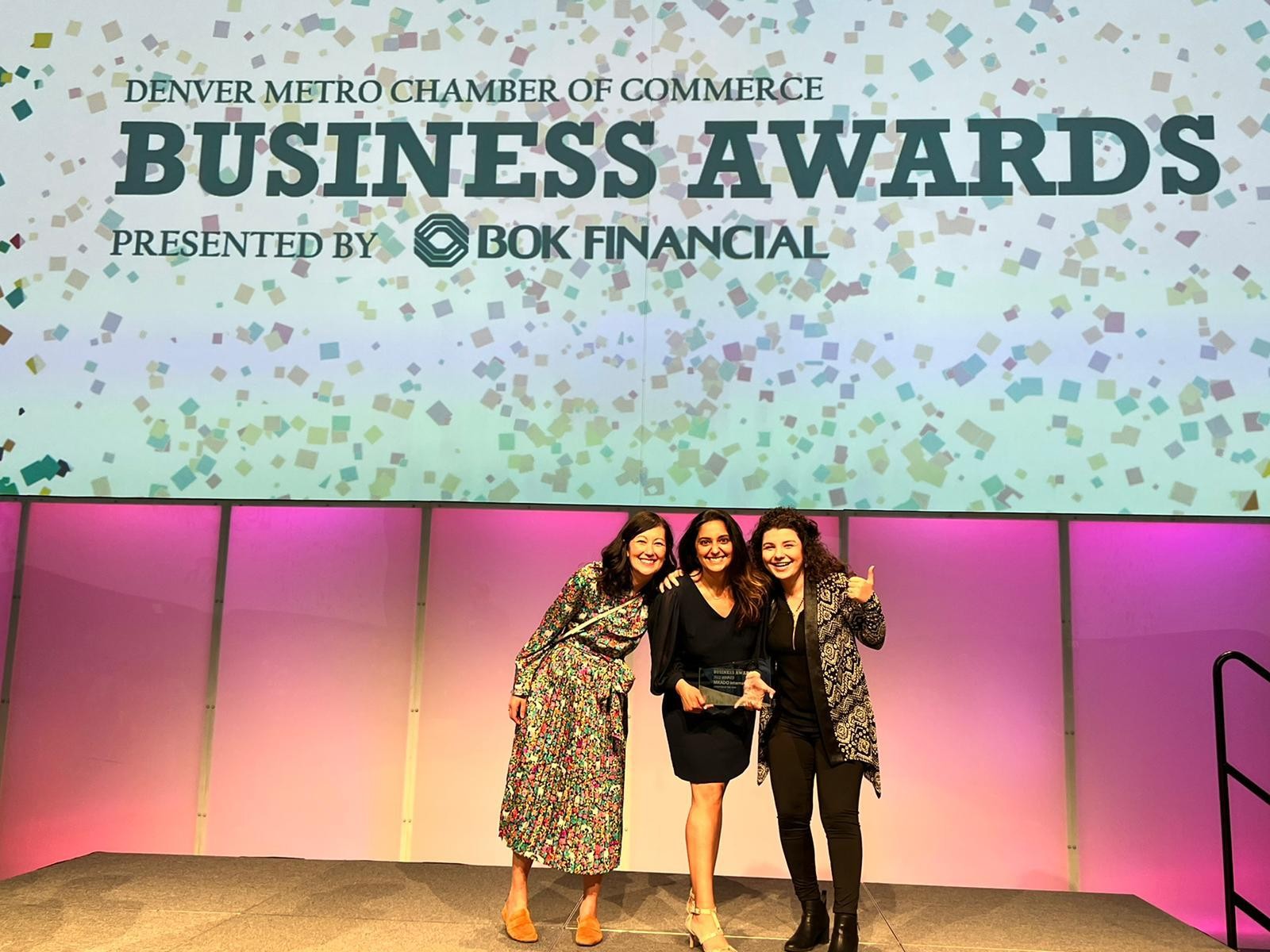

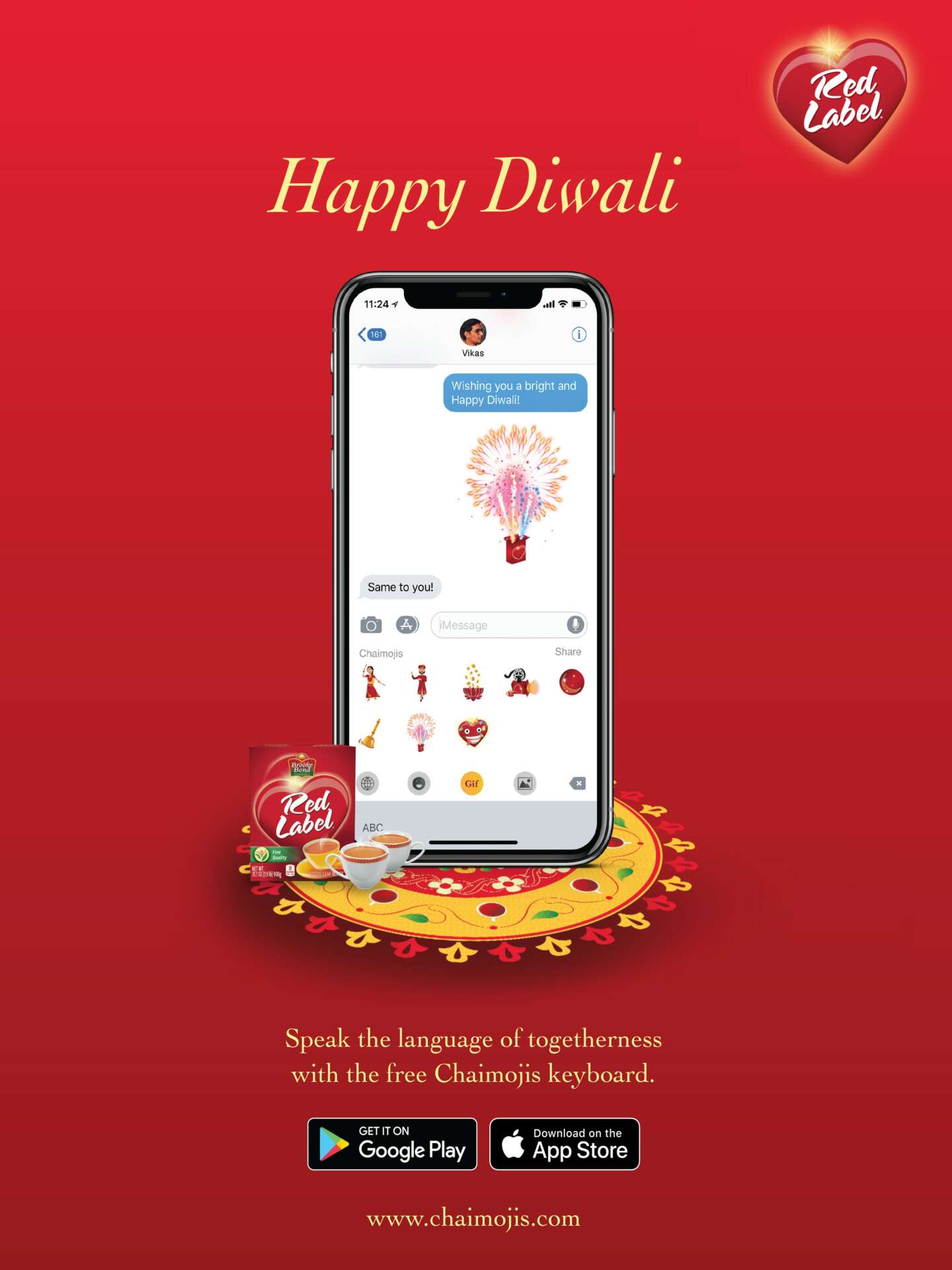
Awesome – so before we get into the rest of our questions, can you briefly introduce yourself to our readers.
My unique multicultural upbringing, fueled by my Indian heritage in France, combined with a passion for languages and travel, naturally steered me towards an International Business career. After my International marketing studies in France, I worked in marketing spanning France, India, and Germany. An MBA from the University of Colorado solidified my path, and since then, I have been a stronger believer than diversity makes any business or person much stronger.
These experiences shaped my vision, leading in 2010 to the inception of MIKADO International, a multicultural marketing agency dedicated to forging genuine connections between businesses and diverse audiences. Today, many corporations are missing out on significant portions of their target markets, such as the 70 million Americans who don’t primarily speak English at home, many of whom are well-educated and high-income earners.
In a world often highlighting differences, MIKADO takes a refreshing approach. We craft marketing campaigns rooted in shared insights that transcend age, ethnicity, and gender, fostering unity. Our track record includes collaborations with local companies such as Denver Water and Fortune 100 brands (like Knorr), acknowledged through multiple prestigious awards. Our impact goes beyond marketing; we are honored to be recognized among the top 100 women-owned companies in Colorado and the 100 fastest-growing Asian American businesses.
What fills me with pride is the vibrant culture at MIKADO, molded by our diverse team. We are a bunch of fun, diverse, marketing lovers, spanning generations, genders and cultures, and I truly believe this diversity is the bedrock of our achievements.
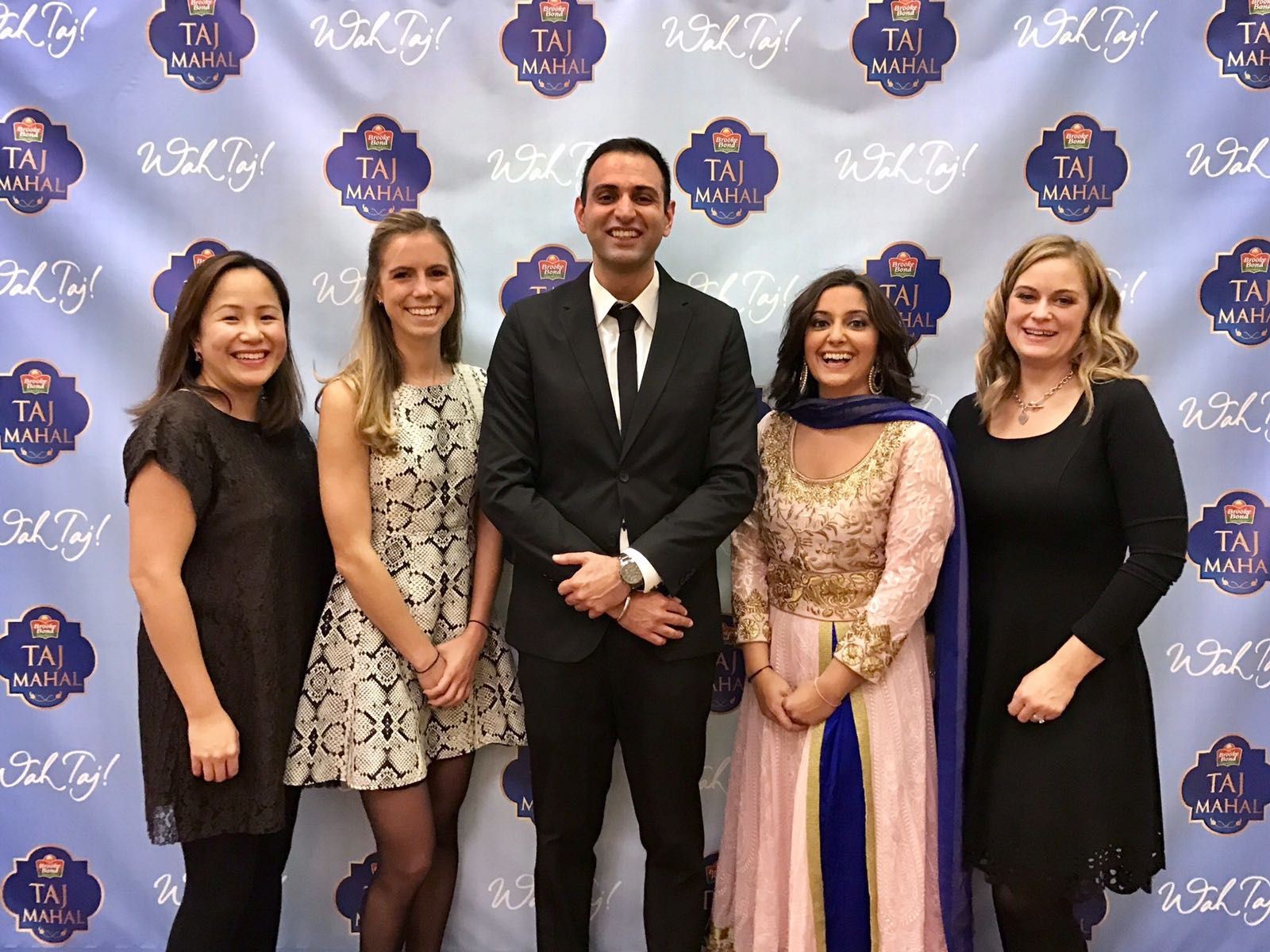
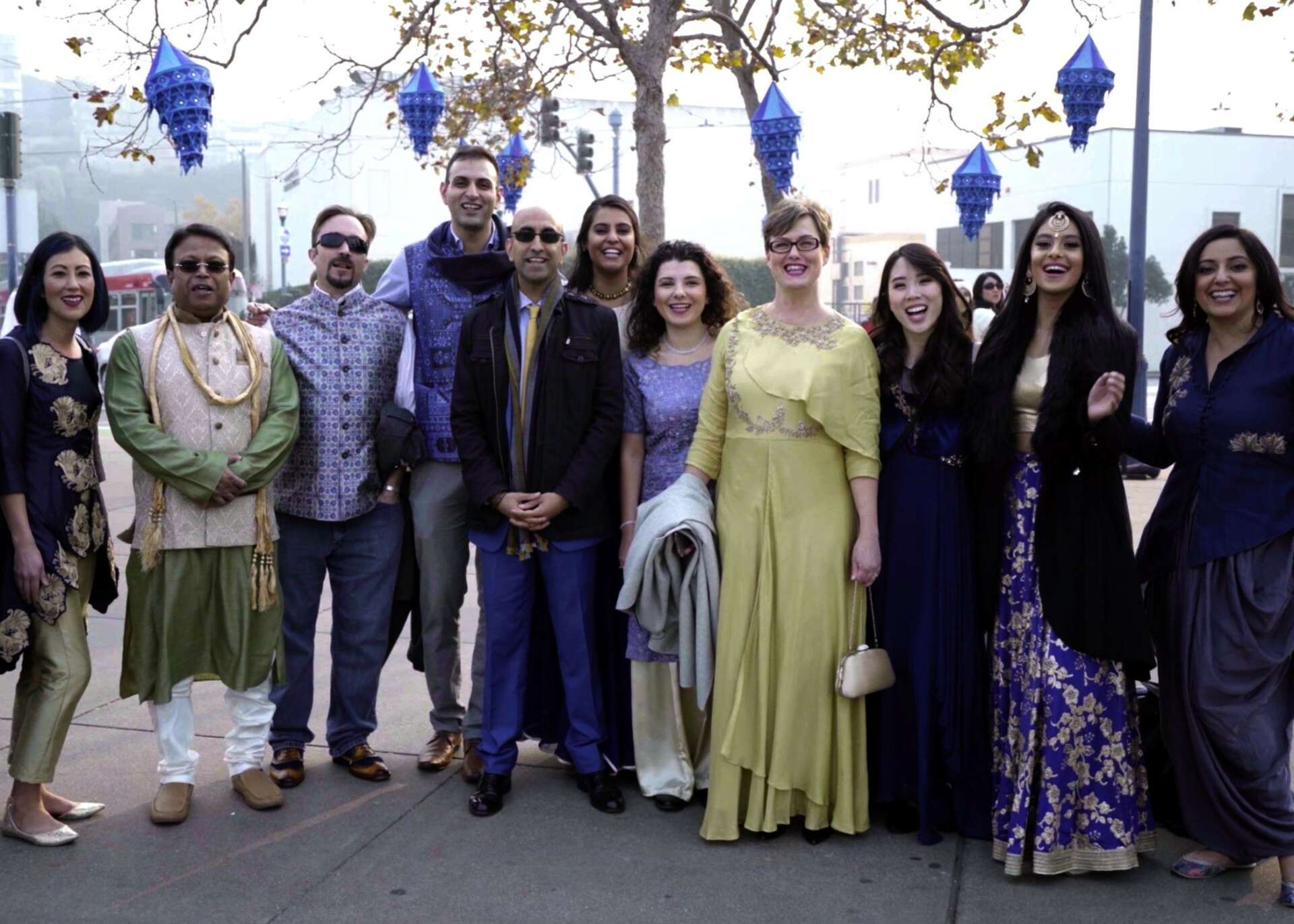
Has your business ever had a near-death moment? Would you mind sharing the story?
Early on, we were incredibly fortunate to secure partnerships with major corporations and well-known brands as clients for MIKADO. However, as many of you may know, larger companies often impose stringent payment terms. Our clients operated on net 90 payment schedules, which started ticking once we submitted our invoices, usually after completing a campaign. Meanwhile, our commitment to our smaller vendors, many of whom were specialized in ethnic markets, led us to honor an advance to net 15 payment term to support them. This payment structure caused significant cash flow hurdles.
Adding to the complexity, our business model – multicultural marketing over a decade ago – had at that time a distinct seasonality. Campaigns predominantly aligned with ethnic festivals, resulting in uneven cash inflows. We lacked substantial financial reserves in our early days, preventing us from making advance payments to vendors and covering essential monthly expenses, including payroll. This fragile situation occasionally put us in a tough spot, making us choose between settling invoices with vendors to start projects or ensuring timely payroll for our team members.
During these few trying times, we were so fortunate to be surrounded by an incredible support system. Our family, friends, and even our own dedicated employees extended their assistance, contributing to our cash flow and allowing us to meet our obligations until client payments arrived.
Looking back, I hold these challenges close to my heart because they revealed the power of resilience, unity, and support. The lessons we learned during those times have shaped our business in profound ways, reinforcing our commitment to responsible financial management, fostering strong relationships with partners, and valuing the incredible individuals who make our business possible.


Have any books or other resources had a big impact on you?
As a mother of two young kids, when MIKADO was still in its nascent phase, finding time for networking and learning from others directly around me was a challenge. However, I was able to immerse myself in valuable resources, such as books, videos and podcasts. When it comes to business books, I have found a lot of inspiration in narratives such as “Shoe Dog,” and any other that goes over the remarkable journey of big brands and the resilience required. Another book that has significantly influenced my perspective on organizational excellence is “Good to Great,” a guide to transforming a company into a standout performer. Ray Dalio’s “Principles” has been an exceptional reference not just as a business leader but also for personal growth. For a more field-specific focus on our diverse team and the broader context of cultural diversity in the workplace, “The Cultural Map” by Erin Meyer is very insightful. Additionally, I enjoy watching inspiring videos, particularly Steve Jobs’ presentations. Lastly, some of my with favorite podcasts are “How I Built This” and GaryVee’s podcast fueling my passion for entrepreneurial stories.
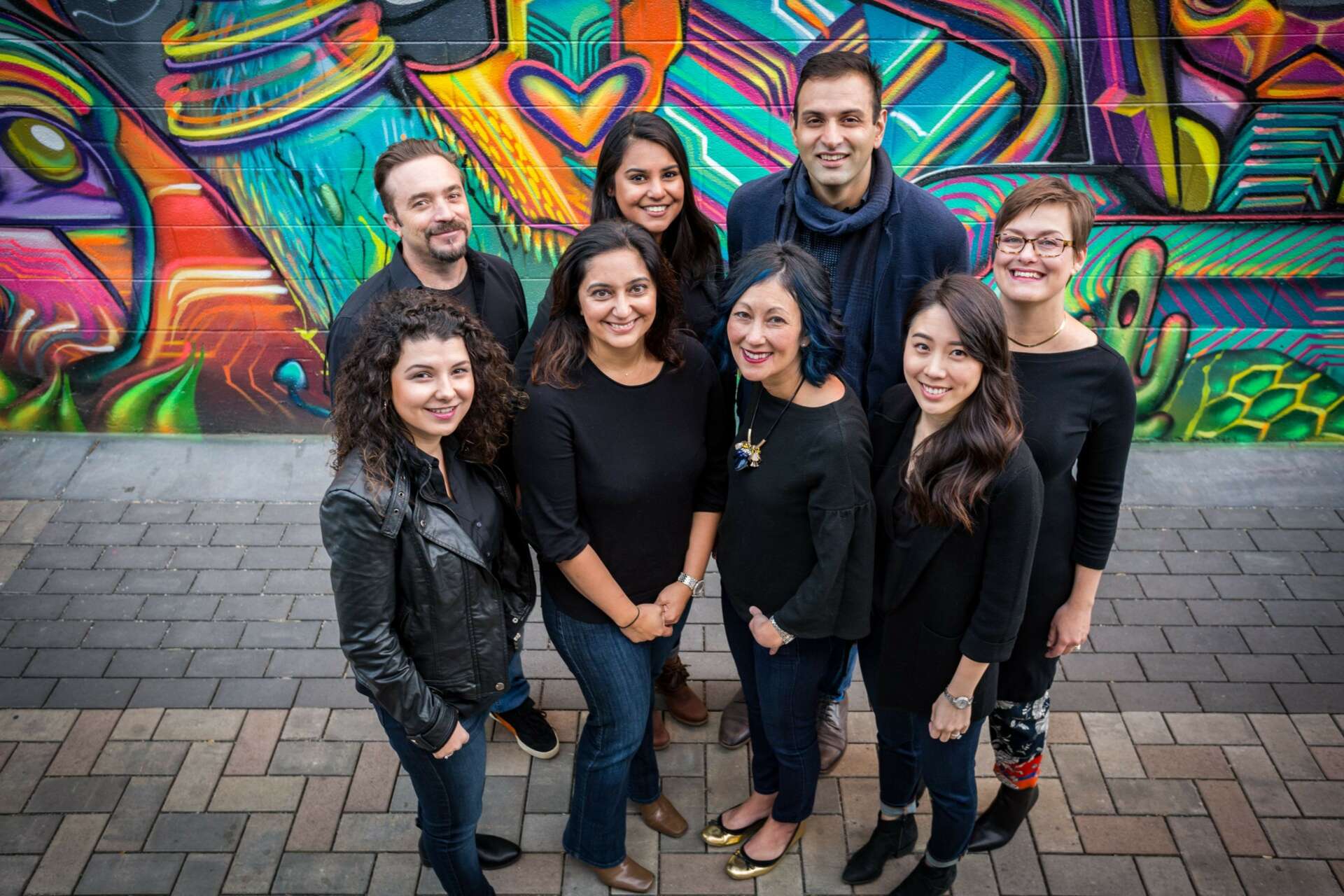

Contact Info:
- Website: www.mikadointl.com
- Instagram: https://www.instagram.com/mikadointl/
- Linkedin: https://www.linkedin.com/in/sandrine-vohra/
- Other: https://www.linkedin.com/company/mikadointl/


